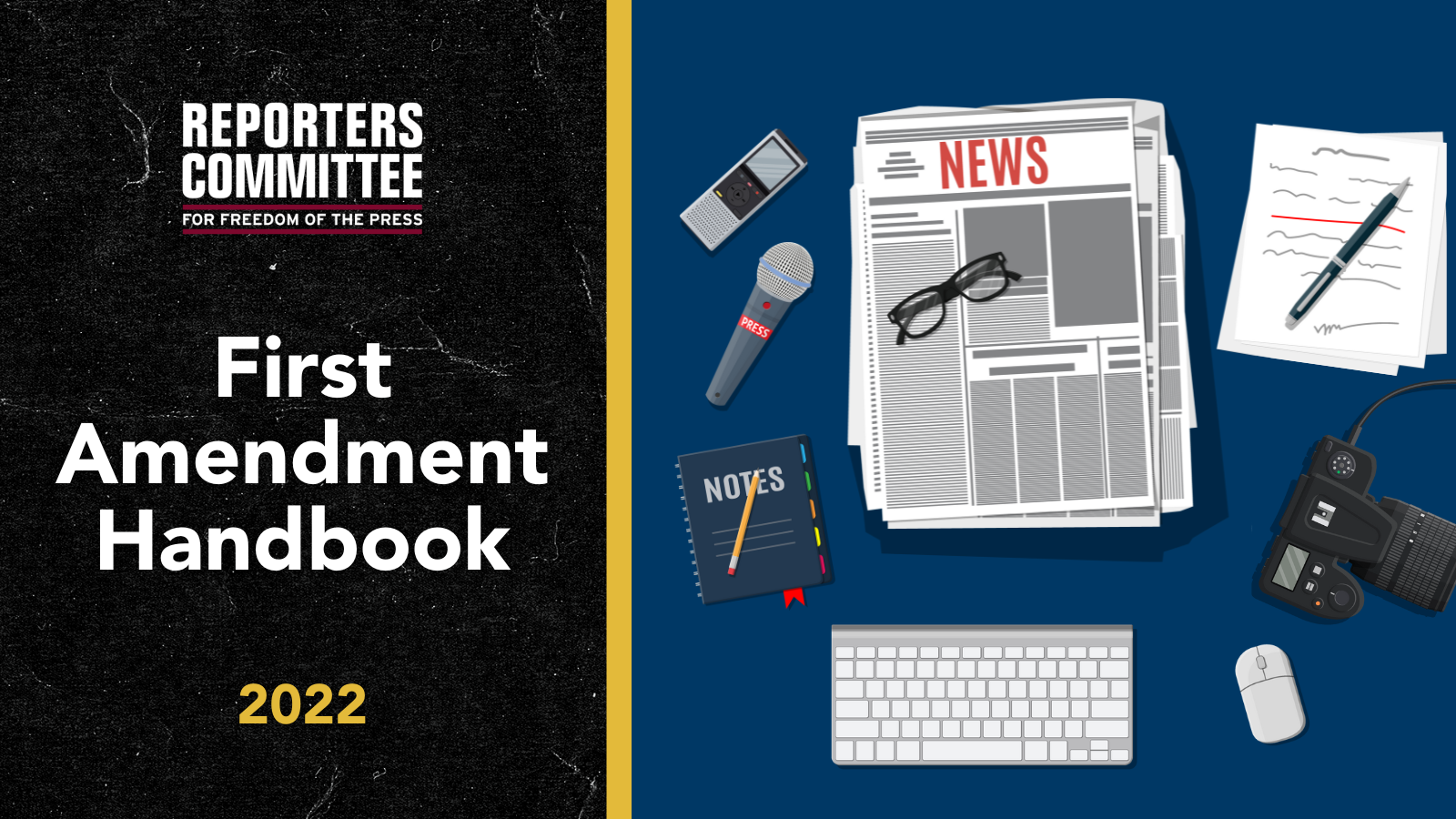What Makes a Promissory Note Illegal? : Unmasking the Hidden Dangers
A promissory note may be considered illegal if it lacks necessary elements or violates legal requirements. An illegal promissory note may result from improper drafting, fraudulent intent, or noncompliance with relevant laws or regulations.

Credit: us.macmillan.com
Recognizing Illegal Promissory Notes
Promissory notes serve as legal documents that outline the terms of a loan or financial agreement between two parties. However, not all promissory notes are legal, and it is crucial to be able to recognize the factors that make them illegal. This section will focus on two key aspects: lack of consideration and unconscionable terms. By understanding these principles, you can safeguard yourself from entering into illegal agreements.
Lack Of Consideration
A promissory note becomes illegal if there is a lack of consideration, which refers to the exchange of something valuable between the parties involved. In other words, both parties must receive some form of benefit or value in the transaction. For example, if a promissory note is created without the borrower receiving any funds or goods in return, it lacks consideration and is deemed illegal.
Unconscionable Terms
Another characteristic to watch out for is unconscionable terms within a promissory note. Unconscionability refers to terms that are grossly unfair or extremely one-sided, taking advantage of the borrower’s vulnerability.
- Unfair Interest Rates: Exorbitant and unjustifiably high interest rates that exceed the legal limits are considered unconscionable. Such terms exploit the borrower and make the promissory note illegal.
- Unreasonable Repayment Conditions: Promissory notes that impose unreasonably harsh repayment conditions or penalize the borrower excessively violate fair lending practices and are deemed illegal.
It is crucial to carefully review the terms and conditions of a promissory note before signing, ensuring there is no lack of consideration or unconscionable terms present. Protect yourself by seeking legal advice if you have concerns or suspicions about the legality of a promissory note.
Impact Of Usury Laws
When it comes to promissory notes, it is crucial to understand the impact of usury laws. Usury laws are regulations that determine the maximum interest rates that can be charged on loans. These laws are in place to protect borrowers from predatory lending practices and prevent excessive interest rates that can lead to financial harm. Violating usury laws can render a promissory note illegal, invalidating it and potentially subjecting the lender to penalties and legal consequences.
Excessive Interest Rates
One of the primary factors that can make a promissory note illegal is the presence of excessive interest rates. Usury laws set limits on the amount of interest that lenders can charge, ensuring that borrowers are not burdened with exorbitant repayment obligations. If a lender imposes interest rates that exceed the legal limits, the promissory note may be considered illegal and unenforceable.
For instance, if a state’s usury laws limit the maximum interest rate on a consumer loan to 10%, any promissory note charging a higher interest rate would be deemed illegal. It is essential for lenders to carefully review the usury laws in the jurisdiction where the loan is being made to ensure compliance with the applicable interest rate limits.
State Regulations
In addition to usury laws, state regulations can also impact the legality of a promissory note. Each state has its own specific rules and guidelines regarding the permissible interest rates, disclosure requirements, and other aspects of lending. It is crucial for lenders to be familiar with the state regulations governing their lending activities to avoid any violations or the risk of rendering the promissory note illegal.
Moreover, some states have additional restrictions on certain types of loans or lenders, such as payday loans or auto title loans. These regulations aim to protect vulnerable consumers from exploitative lending practices. Lenders must adhere to these state-specific regulations to ensure the legality of their promissory notes and avoid potential legal issues.
When drafting a promissory note, it is highly recommended to consult with legal professionals to ensure compliance with both usury laws and state regulations. By doing so, lenders can mitigate the risk of creating an illegal promissory note and protect both their interests and those of their borrowers.
Consequences Of Illegal Promissory Notes
An illegal promissory note can lead to serious consequences for both borrowers and lenders. It’s crucial to understand the legal remedies for borrowers and the liabilities for lenders in such scenarios.
Legal Remedies For Borrowers
Borrowers who have entered into an illegal promissory note may have legal recourse. They can seek remedies through the court system to address the unlawful nature of the promissory note. This can involve challenging the validity of the note and seeking cancellation of any associated debts.
Liabilities For Lenders
Lenders involved in illegal promissory notes may face severe liabilities. They could be subjected to penalties and legal repercussions for engaging in unlawful lending practices. Depending on the circumstances, the lender may be required to refund any payments received and face potential lawsuits from borrowers.

Credit: us.macmillan.com
Uncovering Fraudulent Practices
Uncovering fraudulent practices involves understanding the legality of promissory notes. Illegal promissory notes may lack proper documentation, contain ambiguous terms, or exhibit coercive elements. By examining the essential components of a legally binding promissory note, one can better identify and avoid potential fraudulent practices.
A promissory note is a legal document that outlines the terms and conditions of a loan agreement, providing important protections for both borrowers and lenders. However, in some cases, promissory notes can be deemed illegal due to fraudulent practices. Understanding these fraudulent practices can help you safeguard your financial interests and avoid potential legal issues.
False Representation
One of the key elements that make a promissory note illegal is false representation. This occurs when the borrower or lender intentionally misrepresents certain facts or information related to the loan agreement. For example, the borrower may provide false documentation regarding their credit history or income, while the lender may misrepresent the terms of the loan, such as interest rates or repayment schedules.
Invalid Signatories
Another common fraudulent practice that can render a promissory note illegal is the use of invalid signatories. A valid promissory note requires the signature of both the borrower and the lender, with the intent that they are entering into a legally binding agreement. However, if the signatories are forged or do not have the legal authority to sign on behalf of the borrower or lender, the promissory note becomes invalid.
Non-disclosure Of Material Facts
An additional fraudulent practice that can make a promissory note illegal is the non-disclosure of material facts. Material facts refer to any information that could significantly impact the decision of either the borrower or the lender in entering into the loan agreement. For instance, if the lender intentionally conceals important details about the loan, such as hidden fees or penalties, the promissory note may be deemed illegal.
Violation Of Usury Laws
Lastly, a promissory note can be considered illegal if it violates usury laws. Usury laws are regulations that set a maximum limit on the interest rates that can be charged on a loan. If a promissory note includes an excessively high-interest rate that exceeds the legal limit set by usury laws, it can be declared unlawful, and the parties involved may face legal consequences.
Navigating Legal Recourse
A promissory note is a legally binding document that establishes a borrower’s promise to repay a specific amount of money to a lender. However, there are situations where a promissory note can be deemed illegal due to various factors. In such cases, it is crucial to understand the available legal recourse to protect your rights and interests.
Seeking Legal Counsel
When faced with a situation involving an illegal promissory note, it is imperative to seek professional legal counsel. Consulting an experienced attorney who specializes in contract law can provide you with invaluable guidance and advice. They will thoroughly assess your case, review the details, and help you understand your legal rights and options.
Enforcing Contractual Obligations
To navigate through legal recourse in relation to an illegal promissory note, it is important to enforce your contractual obligations. This involves taking appropriate legal action, such as filing a lawsuit, to protect your interests and seek redress. With the assistance of your attorney, you can build a strong case based on relevant evidence and legal arguments.
Enforcing contractual obligations often entails proving elements such as:
- A valid agreement: Demonstrating the existence of a valid promissory note and its terms and conditions.
- Breach of contract: Showing how the other party failed to fulfill their obligations under the promissory note.
- Damages: Calculating the financial losses suffered as a result of the breach.
- Causal connection: Establishing a direct link between the breach and the damages incurred.
By adhering to the legal process and strategically presenting your case, you can increase your chances of a favorable outcome in enforcing your contractual obligations.
Remember, navigating legal recourse in relation to an illegal promissory note can be complex. It is vital to have a knowledgeable attorney by your side to guide and advocate for you throughout the legal proceedings. With their expertise, you can effectively protect your rights and pursue the appropriate remedies available to you.

Credit: fastercapital.com
Frequently Asked Questions For What Makes A Promissory Note Illegal?
What Are The Consequences Of Using An Illegal Promissory Note?
Using an illegal promissory note can lead to legal trouble and financial loss. The note may be unenforceable in court, and the borrower may not be obligated to repay the debt. Lenders could lose the principal and any interest accrued.
It is important to understand the legal requirements for promissory notes to avoid these consequences.
How Can A Promissory Note Be Considered Illegal?
A promissory note can be deemed illegal if it violates laws related to usury, fraud, or misrepresentation. Usury laws determine the maximum interest rate that can be charged, and exceeding this rate can render the note illegal. Fraud and misrepresentation occur if the terms of the note are misrepresented or if false information is provided.
What Terms In A Promissory Note Can Make It Illegal?
Certain terms in a promissory note can render it illegal, such as excessive interest rates, hidden fees, or unfair payment schedules. If the note’s terms are oppressive or unfair to the borrower, it may be considered illegal. It is crucial to ensure that the terms comply with applicable laws and are fair to both parties involved.
Conclusion
In light of the various factors that can render a promissory note illegal, such as lack of capacity, invalid terms, or fraudulent intent, it is crucial for both borrowers and lenders to thoroughly understand the legal requirements. By adhering to the regulatory framework and seeking legal counsel, individuals can ensure the validity of their promissory notes and avoid potential legal consequences.
Understanding these principles is imperative for anyone involved in financial transactions to safeguard their interests and uphold legal compliance.
{ “@context”: “https://schema.org”, “@type”: “FAQPage”, “mainEntity”: [ { “@type”: “Question”, “name”: “What are the consequences of using an illegal promissory note?”, “acceptedAnswer”: { “@type”: “Answer”, “text”: “Using an illegal promissory note can lead to legal trouble and financial loss. The note may be unenforceable in court, and the borrower may not be obligated to repay the debt. Lenders could lose the principal and any interest accrued. It is important to understand the legal requirements for promissory notes to avoid these consequences.” } } , { “@type”: “Question”, “name”: “How can a promissory note be considered illegal?”, “acceptedAnswer”: { “@type”: “Answer”, “text”: “A promissory note can be deemed illegal if it violates laws related to usury, fraud, or misrepresentation. Usury laws determine the maximum interest rate that can be charged, and exceeding this rate can render the note illegal. Fraud and misrepresentation occur if the terms of the note are misrepresented or if false information is provided.” } } , { “@type”: “Question”, “name”: “What terms in a promissory note can make it illegal?”, “acceptedAnswer”: { “@type”: “Answer”, “text”: “Certain terms in a promissory note can render it illegal, such as excessive interest rates, hidden fees, or unfair payment schedules. If the note’s terms are oppressive or unfair to the borrower, it may be considered illegal. It is crucial to ensure that the terms comply with applicable laws and are fair to both parties involved.” } } ] }




